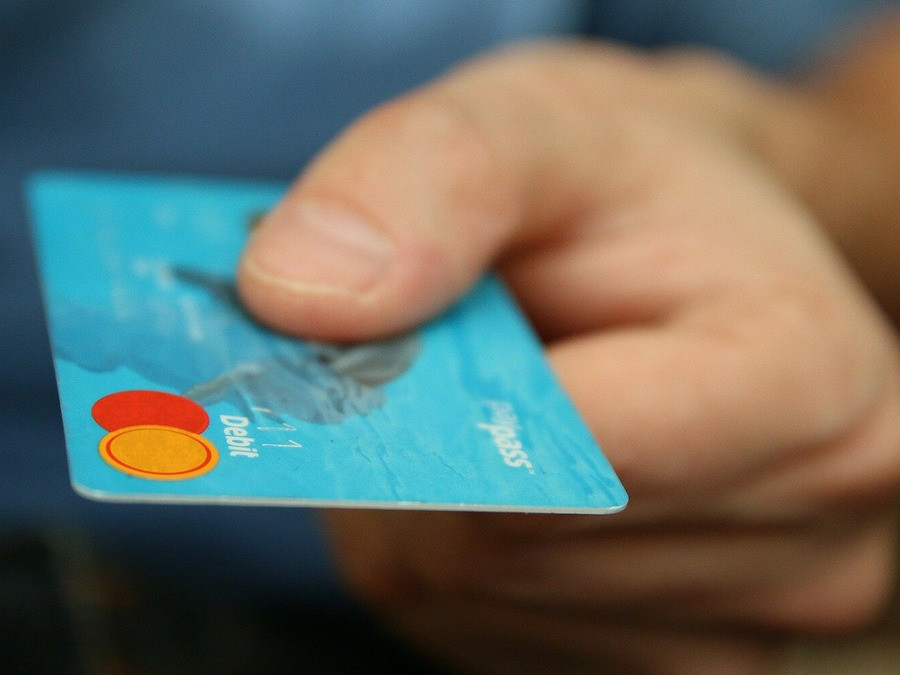Lawyer with 15 years of legal experience, specialization: family and civil law, inheritance, contract law, criminal cases, administrative cases, cases involving foreigners, migration law
The Ukrainian legal system provides for a clear procedure for debt collection from legal entities, individuals and individual entrepreneurs. The main regulations governing this process are the Civil Code of Ukraine, the Civil Procedure Code of Ukraine, as well as special laws, such as the Law of Ukraine ‘On Enforcement Proceedings’.
Under Ukrainian law, debt collection may be carried out through
- Voluntary payment: A legal entity or individual may voluntarily settle its debt by paying the relevant amount of money or by other payment methods as agreed.
- Judicial condemnation: In the event of a debtor's default, legal proceedings may be initiated to recover the debt. The court resolves disputes and makes a decision on debt collection.
- Enforcement proceedings: After obtaining a court judgement, the debtor may be subject to enforcement proceedings, during which an enforcement agency (e.g., a writ of execution) collects the debt by applying to the debtor's property.
- Other legal means: In addition to the judicial route, there are other legal remedies, such as resolving the dispute through alternative dispute resolution or imposing sanctions in the form of fines or penalties.
Lawyers
Lawyers play a key role in debt collection under Ukrainian law. Their expert assistance can be important at every stage of the process. A lawyer can advise clients on their rights and obligations in debt collection. Lawyers can act as representatives of clients in court hearings on debt collection. Bankruptcy of an individual, collectors, amicable settlement, borzhnik. A lawyer can provide professional assistance during enforcement proceedings, facilitating the effective collection of debts through the enforcement authority and taking the necessary measures to protect the rights and interests of the client. Attorneys can help resolve disputes between the parties through negotiations, alternative dispute resolution or settlement agreements.
Additionally, it is important to note that lawyers are also able to provide clients with professional support in avoiding disputes and conflicts that may lead to debt. Through proper legal advice and prevention of possible problems, lawyers help legal entities and individuals to maintain financial stability and avoid litigation.
In addition, lawyers can keep abreast of changes in legislation and advise clients on the most effective strategies for managing their finances and avoiding future debt. Their expert assistance can be extremely useful for clients in planning their activities and managing financial risks.
It should be noted that in order to recover debts from residual assets in the event of bankruptcy of a legal entity or individual entrepreneur, special rules are in place that establish the priority order of satisfaction of creditors' claims.
In general, Ukrainian law provides ample opportunities for debt collection from legal entities, individuals and individual entrepreneurs, ensuring fairness and protection of the rights of the parties in the process of settling financial obligations.




































